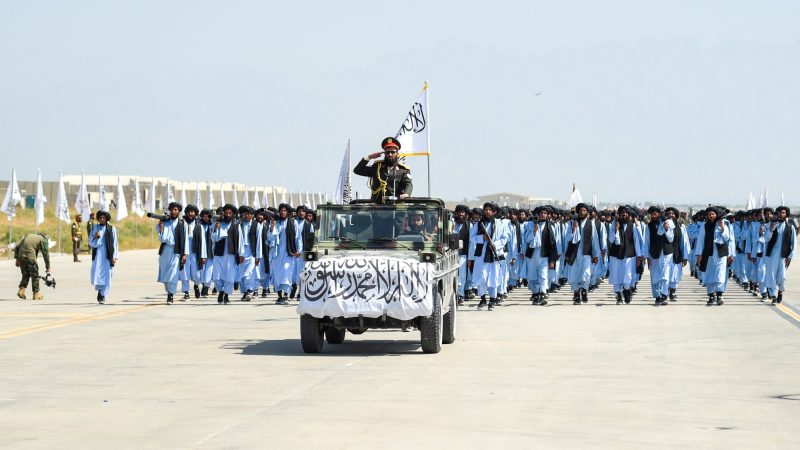
The international community largely views the Taliban as a terrorist organization, a designation stemming from their brutal history and ongoing human rights abuses. However, a significant shift has occurred, with Russia unexpectedly removing the Taliban from its list of terrorist entities. This move has sparked considerable debate and raised numerous questions about Russia’s evolving geopolitical strategy and its relationship with Afghanistan.
This decision isn’t a simple matter of shifting alliances; it reflects a complex interplay of factors. Russia, facing its own challenges in Ukraine and seeking to expand its influence in Central Asia, appears to be prioritizing pragmatic engagement with the Taliban regime. The Taliban, now firmly in control of Afghanistan, presents a potential partner for Russia in several areas, including counter-terrorism efforts against groups deemed threats to both nations. This approach offers Russia a strategic foothold in a region crucial to its interests, even if it means overlooking the Taliban’s questionable human rights record.
The implications of this decision extend far beyond Russia’s borders. The move could embolden other countries to reconsider their stance on the Taliban, potentially leading to increased international recognition for the regime. This, in turn, could further complicate efforts to improve the humanitarian situation in Afghanistan and address concerns about human rights and women’s rights. The international community, particularly Western nations, faces a significant challenge in navigating this new reality, balancing pragmatic concerns with the need to maintain pressure on the Taliban to uphold basic human rights and prevent Afghanistan from becoming a haven for terrorism.
Ultimately, Russia’s decision underscores the fluid and often unpredictable nature of international relations. The move highlights how national interests, even when seemingly at odds with broader international norms, can drive significant policy shifts. The long-term consequences of this decision remain to be seen, but it undoubtedly represents a crucial turning point in the international community’s engagement with the Taliban and the future of Afghanistan.










